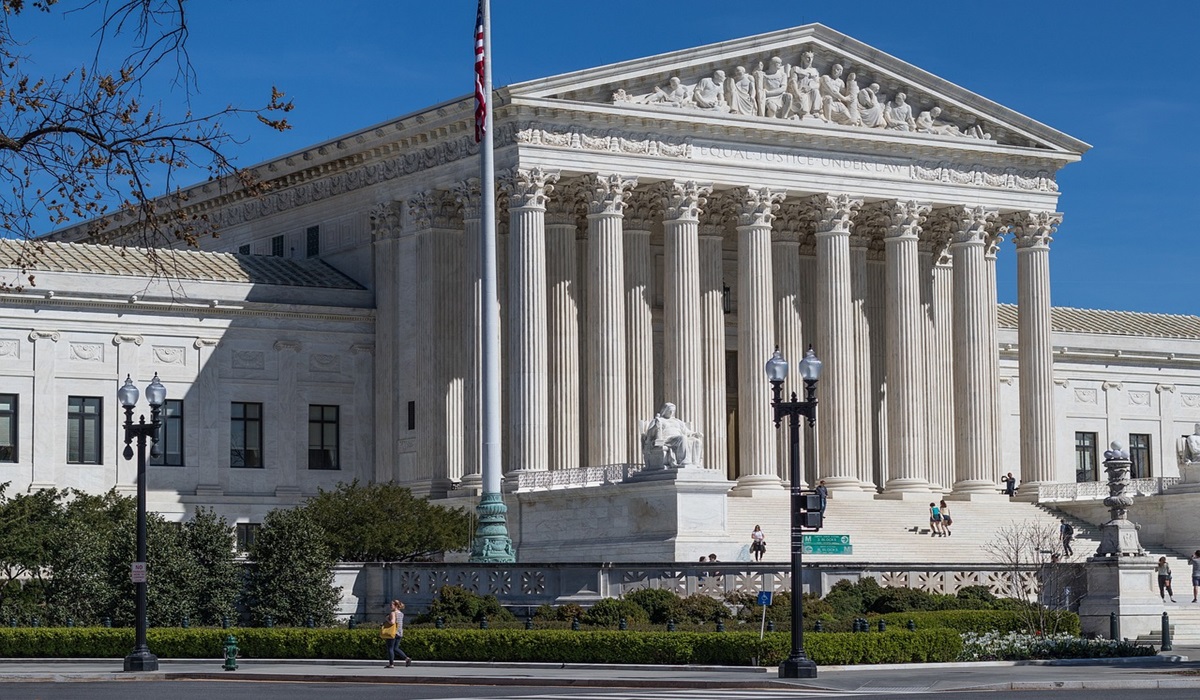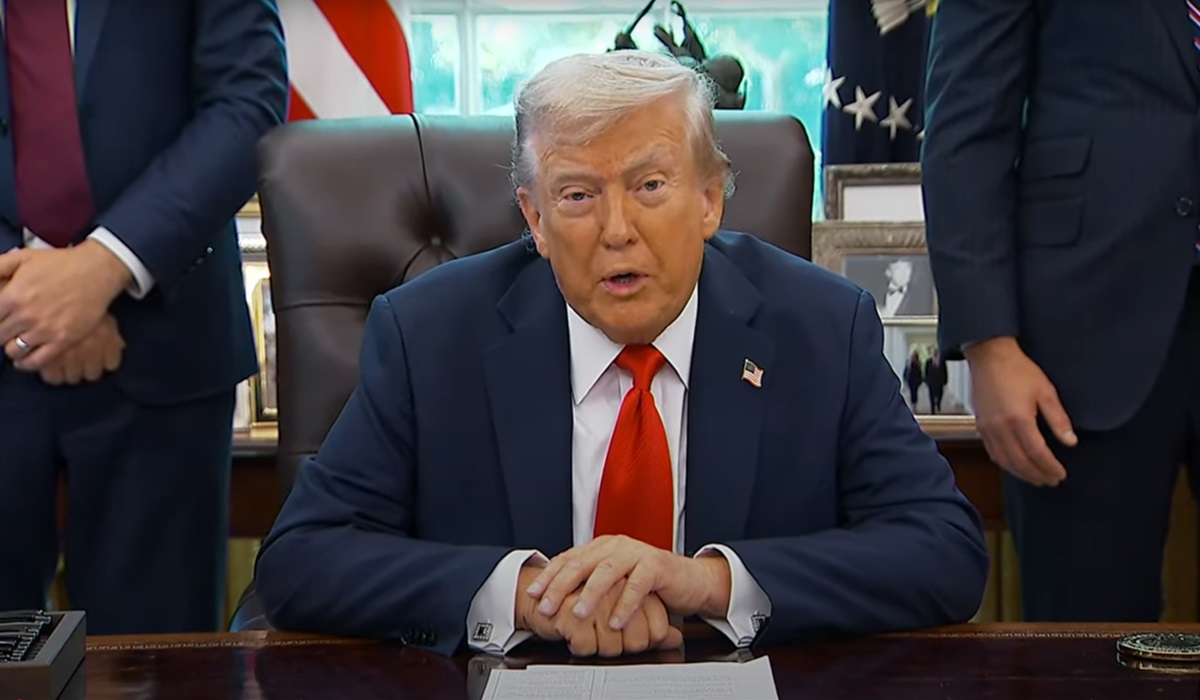By Donovan Martin | Editor in Chief – The Daily Scrum News
Image Credit, Digital Rendering
Minnesota is once again on edge, with the specter of unrest rising amid headlines that Derek Chauvin could be “federally pardoned.” But let’s be clear: this isn’t journalism—it’s bait. The kind of bait that plays fast and loose with facts, stokes public rage, and pushes the nation toward another round of chaos rooted in half-truths and sensationalism.
Derek Chauvin, the former Minneapolis police officer who murdered George Floyd by kneeling on his neck for over nine agonizing minutes in May 2020, was convicted in two separate jurisdictions. At the state level, he was sentenced to 22.5 years for second-degree murder and other charges. Federally, he was later sentenced to an additional 21 years for violating George Floyd’s civil rights.
The federal sentence is being served concurrently with the state one. He is currently incarcerated at FCI Tucson, a medium-security federal facility. There is no parole in the federal system, but he will be eligible for supervised release under certain conditions. Still, here’s what matters most: a federal pardon—should it ever occur—does not nullify his state conviction or sentence. He would still be under the authority of the Minnesota Department of Corrections and bound by state law.
That crucial point is being lost in the media frenzy.
So where is this “Chauvin might be pardoned” noise even coming from? Whispers that conservative political figure Ben Shapiro has pushed for a federal pardon and has triggered a wildfire of speculation. No formal pardon has been issued. No request has been granted. No release date has been set. And even if a federal pardon were handed down tomorrow, Chauvin would remain behind bars due to his state sentence. Yet you wouldn’t know that from the way some headlines read.
That is the real disgrace.
News organizations bear a moral and social responsibility to report with clarity—especially on matters as incendiary as race, policing, and justice. The murder of George Floyd sparked a worldwide reckoning. For many, Chauvin’s conviction was not just about one man, but about holding the institution of policing accountable in a system that too often turns a blind eye to abuse. To even suggest that Chauvin is on the verge of freedom, without explaining the hard legal roadblocks in his path, is not just careless—it’s inflammatory.
Let’s not mince words: the media’s reckless narrative has already set the stage for potential violence. Cities like Minneapolis, still haunted by the fires of 2020, are bracing for protest and unrest. Police presence is being ramped up. Social media is once again awash in anger, fear, and misinformation. The facts? They’re buried under clickbait and outrage farming.
This isn’t the first time the press has misled the public through omission. But in a case like Chauvin’s—where trauma is still raw and tensions run high—it’s downright dangerous. Sensationalized reports give false fuel to both sides of the divide. One side believes Chauvin is walking free. The other believes justice is under attack. Both are misled.
Let’s ground this back in reality.
Even under Minnesota law, Chauvin wouldn’t be eligible for supervised release from his 22.5-year sentence until serving at least 15 years. And that’s assuming no misconduct, no legal changes, no delays. Federal pardon or not, he’s not coming home anytime soon.
And here’s another inconvenient truth that’s being ignored: Federal pardons are rare, political, and subject to multiple levels of review. A presidential pardon application typically requires a minimum five-year waiting period after conviction or release, though exceptions can be made. It must go through the Office of the Pardon Attorney, be backed by rationale, and ultimately be signed by the President. Even under a sympathetic administration, the process is slow, public, and scrutinized. Chauvin has made no formal application that the public is aware of. There is no movement in the DOJ indicating any such action is even remotely close.
So what is this “story” even about?
It’s about distraction. It’s about sensationalism. It’s about ratings. And it’s about using Derek Chauvin’s name to stir a cauldron that’s already near boiling. Journalism at its best informs, explains, and investigates. Journalism at its worst inflames, misleads, and abdicates responsibility in favor of clicks.
People have every right to be furious at the injustice George Floyd suffered. That rage is justified. But misleading the public into believing Chauvin is one rubber stamp away from walking free is not just irresponsible—it’s cruel. It hijacks legitimate pain for manufactured outrage.
The press must do better.
Minneapolis doesn’t need another spark. America doesn’t need another wave of rage built on faulty assumptions. What it needs is truth, accountability, and a media willing to resist the temptation of hysteria.
Derek Chauvin is still serving time. A long time. And unless both his state and federal sentences are somehow erased—an almost unimaginable scenario—he’s not going anywhere. That’s the story. Everything else is noise.









